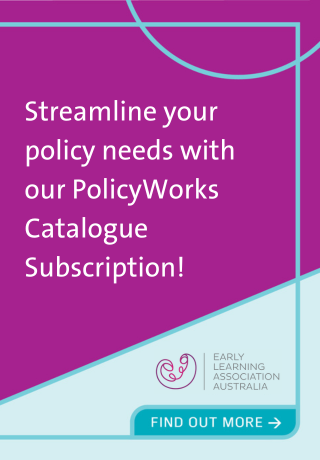
11 OctManaging staff conflict: employer responsibilities
A workplace is made up of individuals with different styles and approaches to work. This can either promote collaboration or lead to conflicts. What are your obligations an employer when conflicts occur within your organisation?
Duty of care
Employers are legally obligated to ensure a safe working environment for their employees, as stipulated by common law and Occupational Health and Safety regulations. This encompasses addressing any potential risks, including conflicts among staff. Conflicts can not only risk physical harm but can also jeopardise employees’ mental well-being. Employers have a duty of care to promptly address staff conflicts as soon as they become aware of them.
Employee right to lodge a complaint
Under the Fair Work Act 2009, all employees possess the right to file complaints regarding their employment, whether with their employer or other entities, such as unions. Employers are duty-bound to respond to these complaints in a timely and fair manner, following principles of procedural fairness and natural justice. Timely responses can help prevent the escalation of conflicts.
Workcover
Failing to appropriately address staff conflicts and complaints can increase the likelihood of successful workers’ compensation claims. These claims can be stressful for all parties involved and lead to elevated insurance premiums for the employer.
Complaints policy and VECTEA 2020/Award disputes procedure
Depending on the nature and specifics of the conflict, employers are obliged to follow a structured process for addressing and resolving complaints. Under the National Quality Framework, each service must have a policy for handling complaints. Employers must also adhere to the relevant grievance and dispute resolution procedures outlined in either the VECTEA 2020 or the applicable award. Since each situation is unique, employers are encouraged to contact ELAA to discuss their specific circumstances.
Resolving staff conflict: where to turn?
Mediation
Often, staff conflicts stem from misunderstandings or miscommunications and, if left unaddressed, may escalate. Mediation, conducted by a qualified and nationally accredited mediator, has proven effective in resolving such issues. Mediation brings the parties together in a respectful environment to discuss their differences and reach a mutually agreed solution. It is a voluntary process and cannot be forced upon parties, but it is an avenue worth considering when conflicts arise.
Workplace Investigation
In cases where staff members make complaints against each other and the accused denies any wrongdoing, employers may be obliged to conduct an investigation to establish the facts. This process includes interviewing the complainant, relevant witnesses, reviewing evidence, affording the respondent a right to reply, and making findings based on the ‘balance of probabilities’. Workplace investigations must adhere to the principles of procedural fairness. If the allegations are serious and could result in disciplinary action or termination of employment, it is recommended that an experienced external investigator handle the process. Any incident qualifying as ‘Reportable Conduct’ must be reported to the Commissioner for Children and Young People and investigated by an external investigator.
For consultancy support related to these matters, refer to ELAA’s resources: ELAA Consultancy Services.




